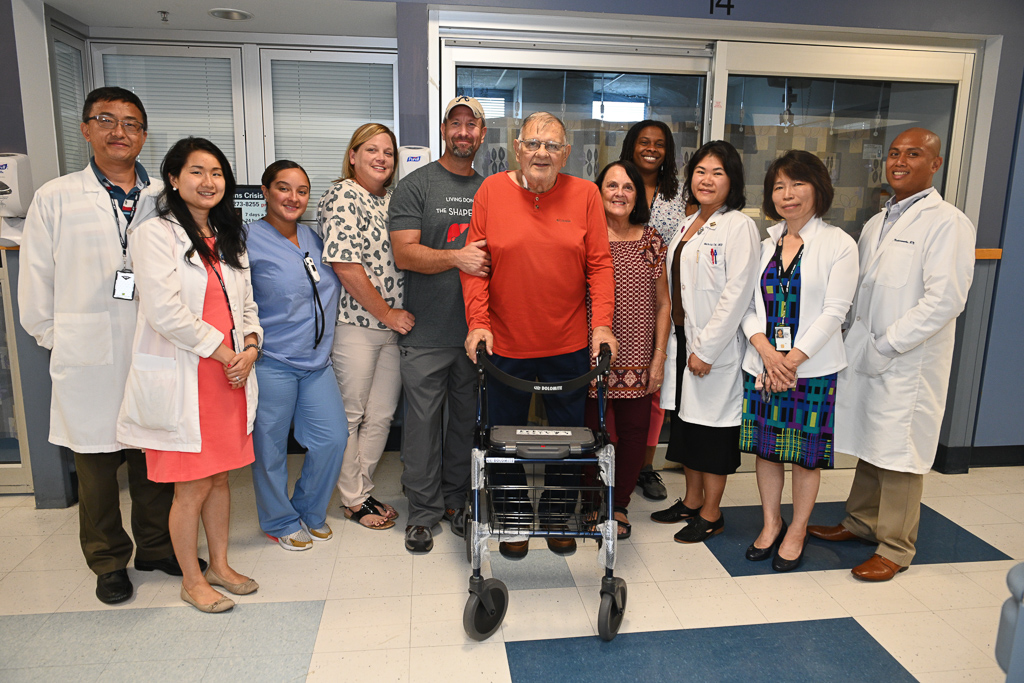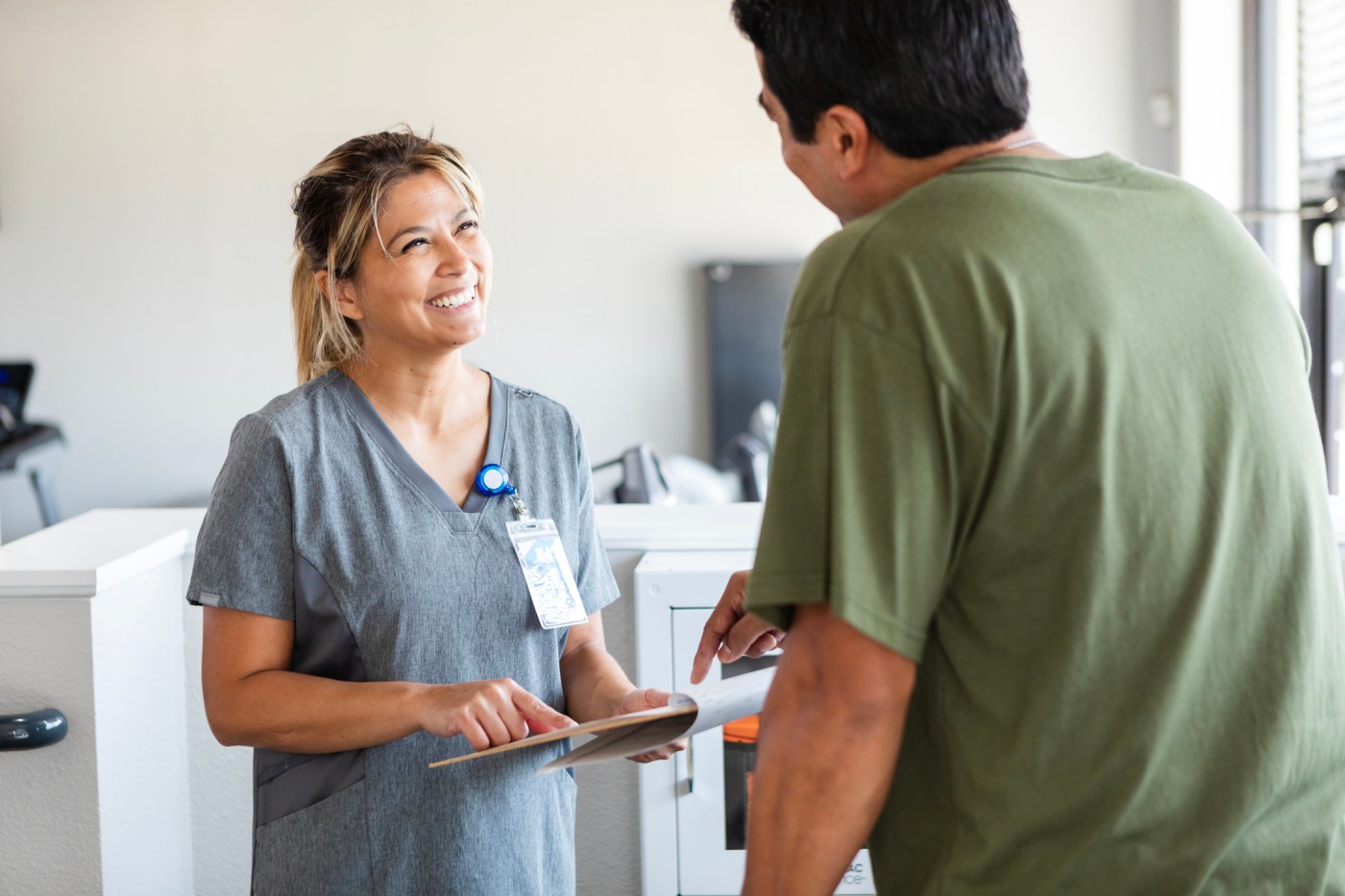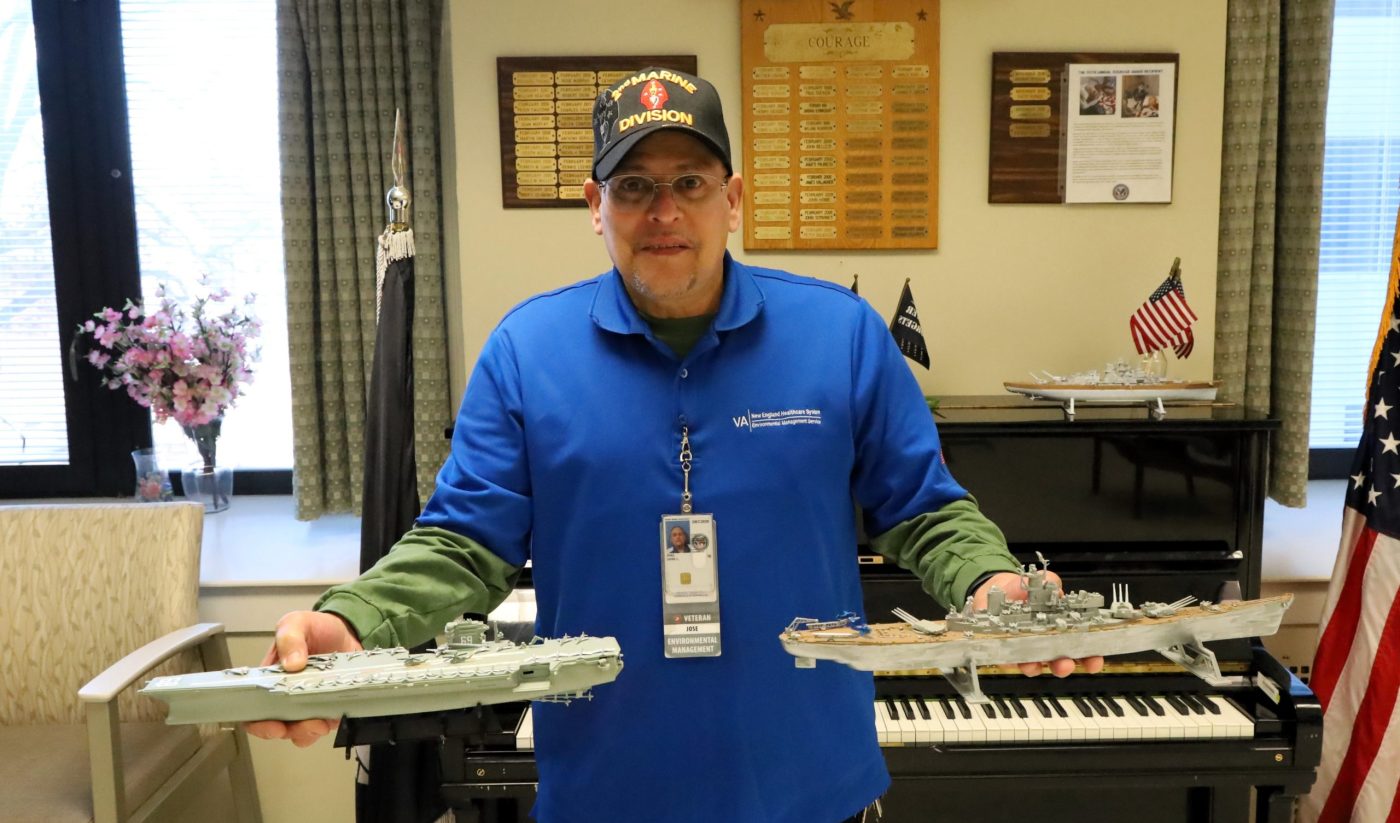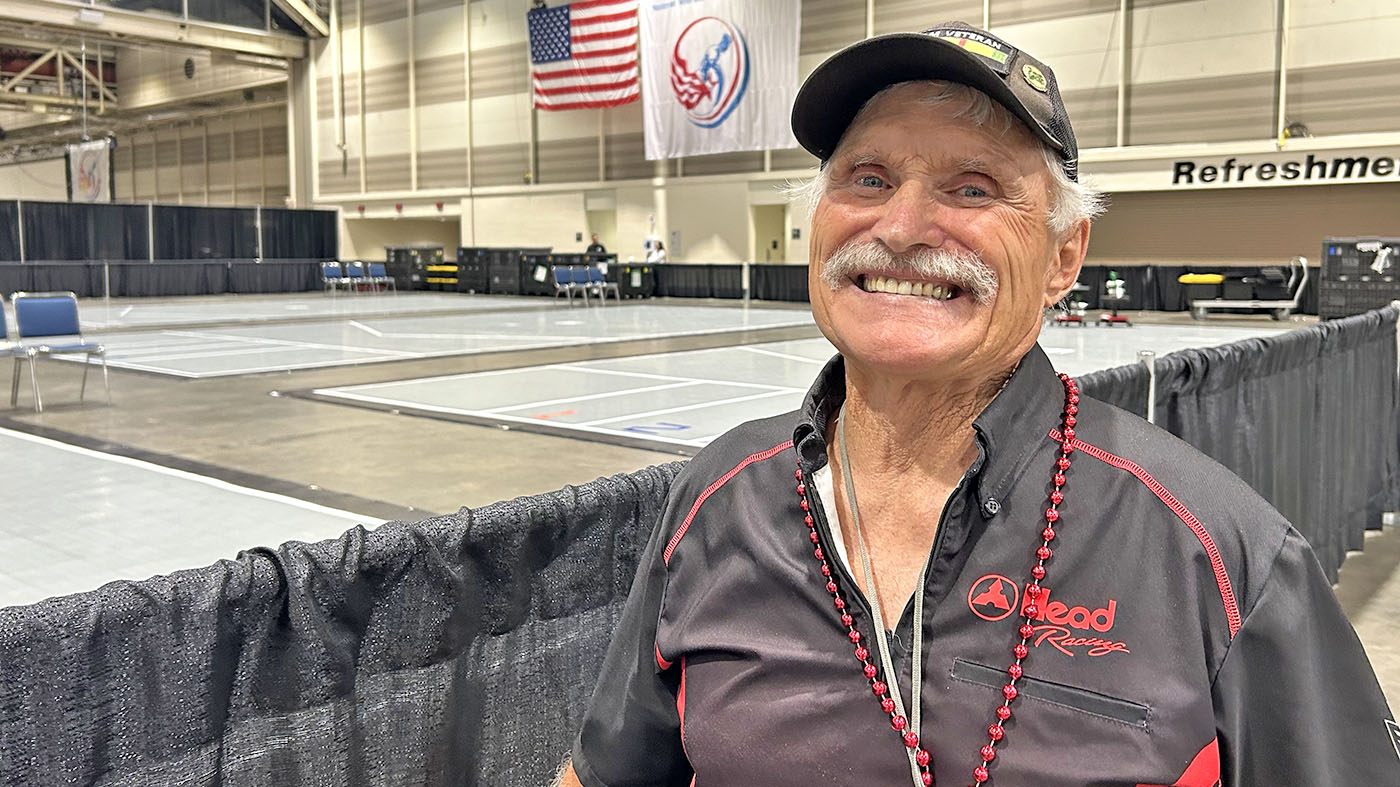Like many Americans, Army Veteran Raymond Phillips suffered from chronic kidney disease, requiring him to undergo dialysis treatments multiple times a week. This grueling treatment schedule kept him tied to his home outside of Pittsburgh and prevented him from spending quality time with his seven grandchildren and two great-grandchildren.
That all changed last summer when Phillips, 78, and his son Chris, 46, participated in the Kidney Paired Donation (KPD) transplant program at the James J. Peters VA Medical Center in the Bronx, NY.
While the younger Phillips was willing to serve as a living donor for his father, he wasn’t a match. That’s when the older Phillip’s VA care team stepped in to connect him with the Organ Procurement Transplantation Network’s (OPTN’s) KPD program. Through this program, the father and son were able to match with two other pairs of incompatible people to exchange matching kidneys.

The Organ Procurement Transplantation Network’s (OPTN’s) KPD program enables two people to match with two other pairs of incompatible people to exchange matching kidneys.
Freed from dialysis and the side effects of chronic kidney disease, older Phillips can now travel to visit his son and spend time with his family.
“I haven’t felt this good in ten or fifteen years,” he said. “All the nurses, doctors, and LPNs at the James J. Peters VA Medical Center in the Bronx were fantastic. I couldn’t have asked for a better team.”
VA Partnership with UNOS
For more than 50 years, the VA Transplant program has provided Veterans with lifesaving services and lifelong care at each of the VA’s eighteen transplant centers nationwide — six of which specialize in kidney transplants.
This three-way kidney swap was possible through the James J. Peters VA Medical Center’s partnership with the United Network for Organ Sharing (UNOS), the non-profit that serves as the nation’s transplant system. Many kidney patients can wait ten years or more for a conventional kidney transplant from a deceased donor. But just three years after his diagnosis, Mr. Phillips has a new kidney that may last the rest of his life.
More than 600,000 Veterans enrolled in VA health care receive treatment for chronic kidney disease each year. KPD transplants represent the best clinical option for Veterans because kidneys from living donors last longer and remove the need for dialysis almost immediately after surgery. Because transplant patients enter the program with a willing donor, it also means they often receive a transplant much faster than they would otherwise.
Several additional pairs of Veteran kidney patients and living donors are enrolled in the OPTN KPD program through a partnership with VA transplant centers in the Bronx, Pittsburgh, Houston, and Iowa City.
For more information on the VA transplant program, visit https://www.va.gov/health/services/transplant/. To learn more about the OPTN KPD program, visit www.unos.org/transplant/kidney-paired-donation.
Topics in this story
More Stories
One strategy credited for the improvement is a focus on building trust and stronger patient-provider relationships.
Army and Marine Corps Veteran started making models after being hospitalized at Connecticut VA.
Veteran Hank Ebert is a bit of a superstar in the National Veterans Wheelchair Games. He has been attending since 1993.







Helo i am snot able to afford my kidney transplant please help me
I gave the gift of life, my kidney to my wife in 2005. She suffers from autosomal dominant polycystic kidney disease (ADPKD or PKD) and was weak and on peritoneal dialysis every 5 hours for a year. Kidneys from living donors survive significantly longer than those from cadavers and hers is still going strong 15 years later.
Hello , Raymond I was given the gift as well and have been living life as full as possible! Good Bless you and your family. I am truly blessed to have receive the kidney in 2018!
Hello, Raymond Phillips ,Prayer for Healing | I pray for health & healing for you. May God heal any sickness you have physical, mental or spiritual. May He give you good health, energy and joy today.Thanks for serving for Americans Army !! #HATS OFF TO U #SIR and the VA
Great that Raymond Phillips can now live fine.